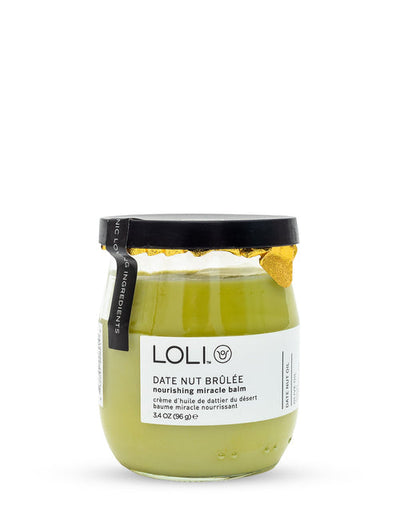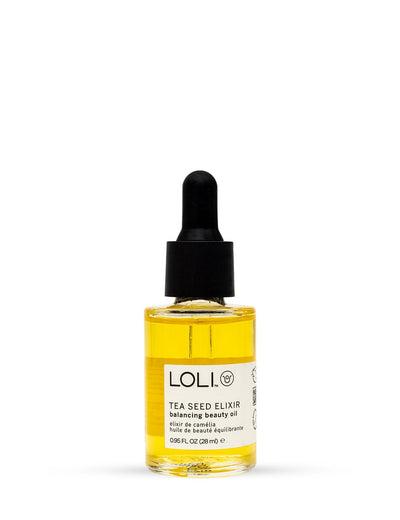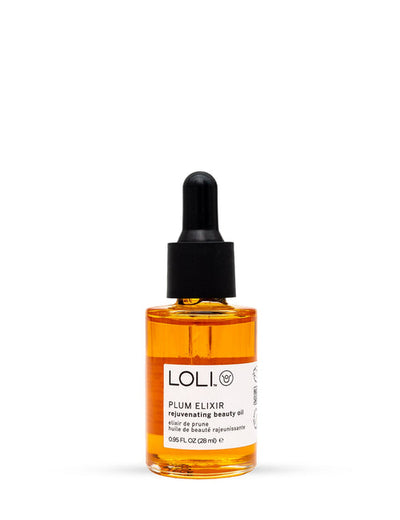Best Lightweight Foundation for Radiant Skin – Expert Guide
Finding the right foundation can feel overwhelming—especially if you want a product that is both lightweight and safe for daily wear. Many women struggle to balance coverage, natural finish, and skin health. The solution? A light natural foundation that enhances your skin without suffocating it.
A light natural foundation provides breathable coverage, a natural shade match, and supports healthy skin. In this guide, you’ll learn how to choose the best light natural foundation, understand ingredients, and explore safe formulas tailored to your skin type.
Light Natural Foundation: Your Expert Guide to Radiant, Breathable Coverage
Why Choose a Light Natural Foundation?
Choosing foundation isn’t just about appearance—it’s about skin health, comfort, and confidence. A light natural foundation offers several benefits that set it apart from heavier formulas.
Breathable Coverage Without Clogging Pores
Unlike heavy layers that can block pores and trigger irritation, light foundations create a smooth veil. This ensures your skin can still breathe and reduces the risk of acne or redness.
Enhances Your Natural Shade
With natural shade foundation formulas, the focus is on balance. Instead of masking your skin, these products blend seamlessly, enhancing undertones while maintaining a healthy glow.
Safe for Sensitive and Mature Skin
Hypoallergenic, eco-certified ingredients (ECOCERT-approved) minimize risks of allergic reactions. Studies suggest that gentler formulations reduce irritation and protect skin’s barrier (PubMed).
Perfect for Everyday Wear
A lighter product feels comfortable throughout the day. It won’t leave that “mask effect” many people dislike with traditional heavy foundations.
How to Select the Best Light Natural Foundation
The market offers endless choices. But to find the best light natural foundation for your unique needs, focus on these key aspects:
Consider Your Skin Type
- Dry skin → Look for formulas with moisturizing oils and hyaluronic acid.
- Oily skin → Opt for oil-free, mattifying foundations that reduce shine.
- Combination skin → Choose balanced blends with lightweight hydration.
- Sensitive skin → Always select hypoallergenic, fragrance-free foundations.
Check the Ingredients
- Natural pigments (iron oxides, mica) for safe color.
- Botanical extracts for calming effects.
- Mineral SPF filters (zinc oxide, titanium dioxide) for sun protection.
Avoid Harmful Additives
Stay clear of parabens, formaldehyde-releasing preservatives, or artificial fragrances. Research indicates these may disrupt skin balance over long use (PubMed).
Match the Shade Correctly
A true natural shade foundation should match undertones (cool, warm, neutral). Test along your jawline under natural light for the most accurate result.
Application Tips for Flawless Results
Even the best foundation won’t work if applied incorrectly.
Prep the Skin First
-
Cleanse with a gentle, non-drying cleanser.
-
Apply a light moisturizer suited to your skin type.
-
Use a primer if your skin texture is uneven.
Application Techniques
- Use a damp sponge for sheer, natural coverage.
- A foundation brush provides more even blending.
- Fingers can be used for quick touch-ups and lighter finish.
Layer Gradually
Start small. A thin first layer often gives enough coverage. Apply more only where needed to avoid a cakey effect.
Light Natural Foundation and Skin Health
The right foundation can actually support skin wellness, rather than harm it.
Protection Against Environmental Stress
Some formulas include antioxidants (vitamin C, E) that fight oxidative stress. This helps slow down the natural aging process.
Sun Protection Matters
Choose products with SPF 30 or higher. Foundations with mineral sunscreens help prevent premature aging, pigmentation, and reduce risk of skin cancer (PubMed).
Non-Comedogenic Advantage
Non-comedogenic products reduce skin problems such as clogged pores, breakouts, or excess oil.
Tip: Try a DIY tinted moisturizer at home by blending your daily moisturizer with a small amount of mineral foundation powder. This gives sheer coverage and additional hydration.
When to Use Light Natural Foundation vs. Full Coverage
Everyday Wear
For work, casual outings, or light events, light natural foundation keeps your skin looking fresh and breathable.
Special Occasions
If you need extra coverage (photo shoots, weddings), you can layer a light foundation with a concealer rather than switching to heavy formulas.
Skin Changes with Age
As skin matures, heavy makeup often highlights wrinkles. A best light natural foundation minimizes fine lines, making skin look rejuvenated without settling into creases.
Benefits of Choosing Light Natural Foundation
- Lightweight, breathable formula.
- Matches skin’s natural shade.
- Hypoallergenic and safe for sensitive skin.
- Supports skin barrier health.
- Looks natural, not heavy.
For sensitive or dry skin types, a foundation made with hydrating ingredients like hyaluronic acid or aloe vera can improve skin texture while delivering enough coverage. If you have sensitive or reactive skin, always check labels to ensure hypoallergenic claims. For acne-prone skin, non-comedogenic and breathable formulas are essential to avoid irritation.
Expanding Your Options: Foundation Finishes and Coverage
Choosing the right foundation often comes down to the finish foundation you prefer and the amount of coverage you need. A liquid foundation with a natural finish is versatile and works well for most skin types, while a matte foundation or matte finish is ideal for oily skin types that need shine control. If you prefer a softer, hydrated glow, a glow foundation or dewy finish product can enhance your skin with a radiant finish that looks fresh and youthful.
For those who want a flexible option, many brands offer buildable coverage—allowing you to start with light coverage and layer up to medium coverage or even full coverage if needed. This “veil of coverage” approach helps you even out the skin tone and achieve a skin but better look without feeling heavy.
Shade Range and Complexion Matching
When trying to find a foundation that truly fits, the shade range is critical. A foundation that works across a wide range of skin tones ensures that every complexion can find the best match. Look for formulas that promise a natural skin effect, where the foundation fits seamlessly and enhances your natural beauty without masking your features.
Some products, like a skin tint or super lightweight formulas, are perfect for achieving a natural look on days when you only need to even out my skin tone without heavy layers. Others, such as a powder foundation or foundation with powder, help set makeup and reduce shine for longer wear.
FAQ – Light Natural Foundation
Is light natural foundation good for mature skin?
Yes. Its lightweight texture avoids settling into fine lines and provides a natural glow.
Can I use light natural foundation on sensitive skin?
Absolutely—just choose hypoallergenic and fragrance-free options.
Does light natural foundation provide enough coverage?
It provides medium-to-sheer coverage, ideal for daily wear. For problem areas, layer with concealer.
How do I choose the best natural shade foundation?
Test shades on your jawline under natural light. Aim to match undertones, not just surface color.
Should I use powder over light foundation?
If your skin is oily, a light dusting of translucent powder can extend wear time.
Sources
-
ECOCERT. Standards for Natural and Organic Cosmetics.
-
PubMed: Role of antioxidants in the skin: anti-aging effects.





